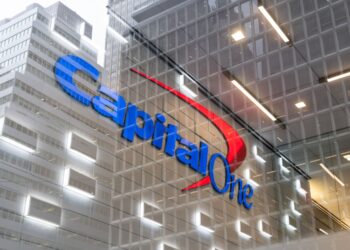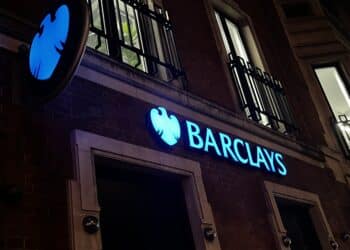SMB lender OnDeck ‘actively pursuing’ bank charter
On the heels of digital banking startup Varo Money applying for a banking license with the Federal Deposit Insurance Corporation (FDIC) earlier this month, another fintech firm with its toes in charter waters seems poised to jump in.
Small business lender OnDeck is “actively pursuing” a bank charter to provide a wider range of products and find cost efficiencies, the company announced on Monday. OnDeck will either apply for its own bank charter or obtain one through an acquisition, CEO Noah Breslow said on the company’s second quarter earnings call.
“We said we were evaluating charter options last year, and we’re far enough along in our thinking now to feel that the timing is right,” Breslow said, noting that OnDeck now has profitability, scale and bank talent on its board. Indeed, Manolo Sánchez, former CEO of BBVA Compass, was named to the company’s board of directors in November.
OnDeck also disclosed that, effective August 3, JPMorgan Chase no longer intends to originate new small business loans through the company’s platform as part of the Chase Business Quick Capital program. OnDeck will continue to act as servicer for up to two years with respect to loans previously originated through the JPMorgan program.
Online lenders approved 57% of SMB loan applications received in June, according to Biz2Credit data. That compares with approval rates of 50% at small banks and just 27.6% (a record high since the Great Recession) at big banks. While approval rates at banks are up slightly year-over-year, they’ve dipped slightly over that same period among online lenders.
“The resurgence of banks in small business lending has stifled alternative lenders,” Biz2Credit CEO Rohit Arora said in a statement. “High-quality borrowers get better interest rates and terms from banks. However, alternative lenders are a viable source of funding for people who need money quickly or who have a less-than-stellar track record of paying back their debts.”
Similar to non-bank lenders like Kabbage, BlueVine and Rapid Finance, OnDeck raises capital and lends directly to borrowers. The company offers fixed-term loans from $5,000 to $500,000 and lines of credit from $6,000 to $100,000. OnDeck reported loans and finance receivables of $1.2 billion in the second quarter, up 15% from $1.05 billion during the same quarter of last year. Origination volume was $592 million, up 1% from the same quarter last year but down from $636 million the prior quarter, “as second quarter volume has historically been softer,” the company stated.
OnDeck didn’t share any details on when it expects to actually apply for a bank charter or obtain one through acquisition, but it stated that it does not want stakeholders to be surprised with any announcements “in the coming months or years.”
“We really concluded that the benefits here strongly outweigh the costs,” Breslow said. “There are some costs that we incur today as a non-bank lender. There are other costs that we incur on the compliance side because we do ODX [an OnDeck subsidiary that digitizes the SMB lending process for bank clients] and because we’re a publicly traded company.”
Julie Hill, a professor at University of Alabama School of Law, recently told Bank Innovation that the national bank charter application process can easily take a couple of years and, as a result, it’s a path many prospective banks are hesitant to take.
Varo‘s road to a bank charter, for instance, already has been a long one and the effort has yet to bear fruit. The startup previously applied for a bank charter from the FDIC in 2016 but withdrew the application in 2018. In 2017, it applied for a charter with the Office of the Comptroller of the Currency (OCC), a process that is still open and has not yet been completed, as companies seeking a banking charter need approval from both the FDIC and the OCC. A charter would allow Varo to take more control over its product and service offerings, currently offered in partnership with The Bancorp Bank, Marina Gracias, general counsel at Varo, recently told Bank Innovation. It also would save Varo money by eliminating the need to share revenue with a partner bank.
Square, a payments fintech firm that also makes loans to small businesses, announced in December that it would revive its bid to charter an industrial loan company after withdrawing its previous application with the FDIC earlier that year. Online lender SoFi abandoned a bid for the same kind of charter in 2017 after applying earlier that year. SoFi CEO Anthony Noto has since said the charter route remains an option, but the company has not announced any formal attempt to reapply.












